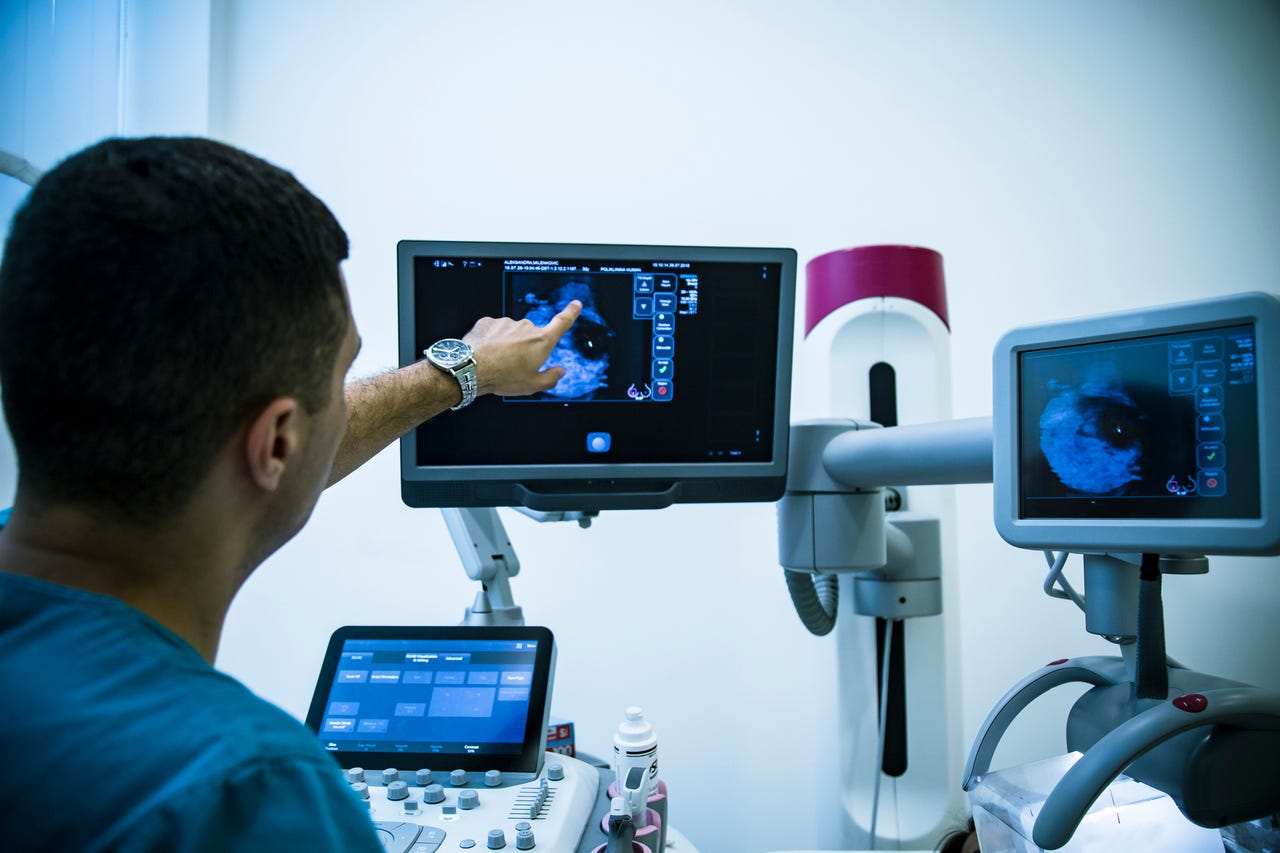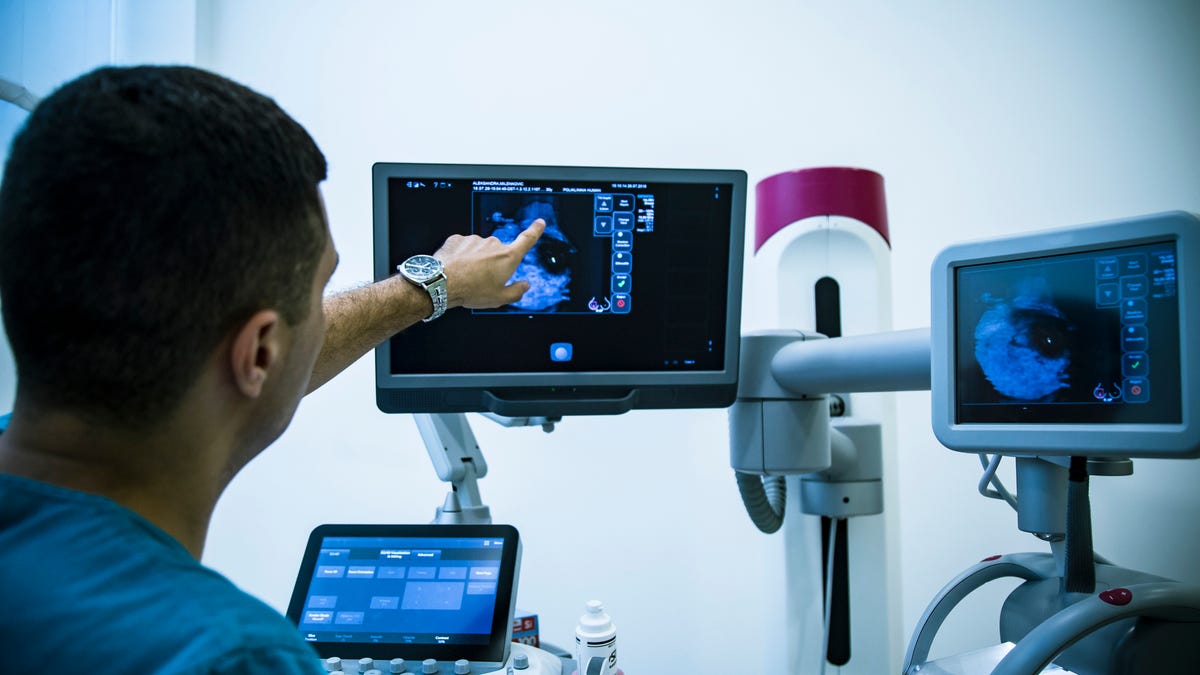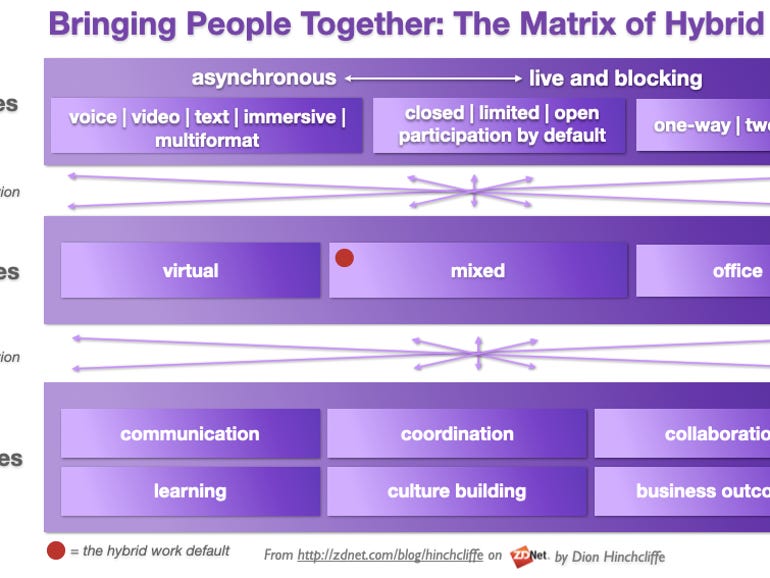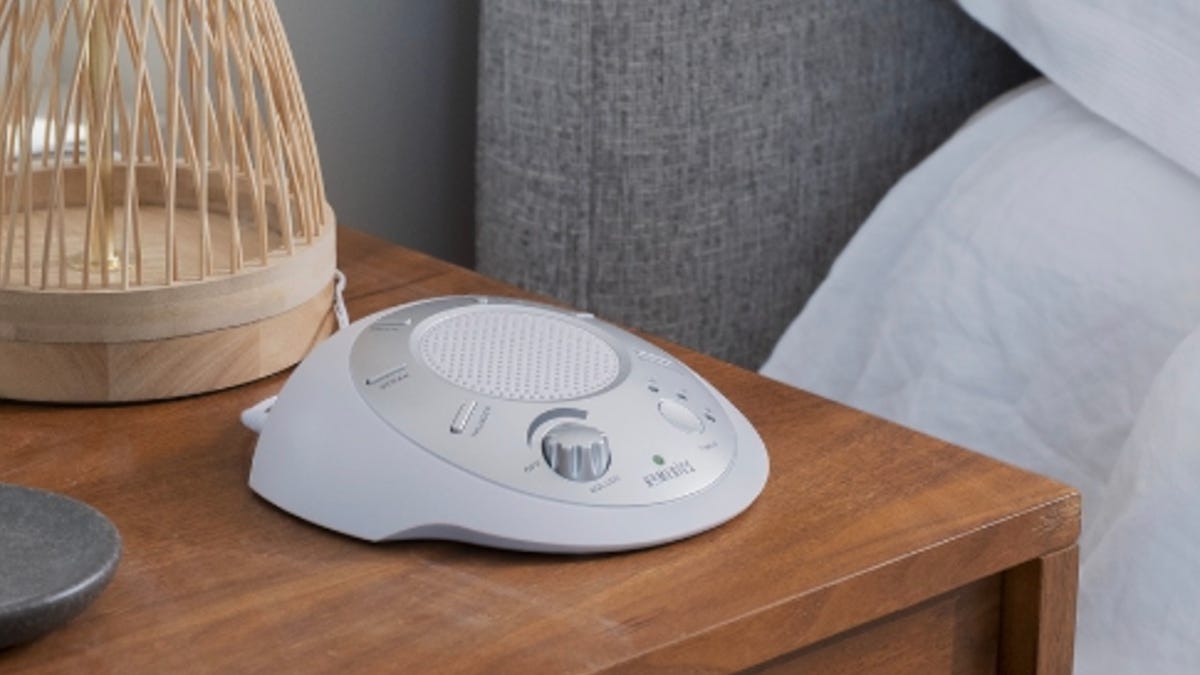Google Health expands AI-powered breast cancer screenings integration

On Monday, iCAD, a global manufacturer of medical devices, announced an amendment to its original agreement with Google Health which will enable iCAD to incorporate Google’s AI technology into its ProFound Breast Health Suite for 2D Mammography for a period of 20 years, pending regulatory approval.
ProFound AI for 2D Mammography is a cancer detection solution that leverages AI to analyze a mammography image and alert radiologists of suspicious areas.
Also: Most Americans want federal regulation of AI, poll shows
The solution helps optimize the double-reading workflow that is utilized by most countries, in which a mammogram has to be screened by two individual radiologists.
Google initially signed a strategic development and commercialization agreement with iCAD in November 2022, and today’s amendment is further expanding that integration.
“Combining Google’s artificial intelligence (AI) technology with our leading-edge ProFound Breast Health Suite of AI solutions will enhance our technology and expand access to the technology to millions of women and providers worldwide,” said Dana Brown, President and CEO of iCAD.
In the announcement, iCAD cites an independent research study of six radiologists conducted in 2020 in which “Google’s mammography AI system outperformed all of the human readers”.
In the same study, a simulation was run in which the AI system participated in a double-reading process, and the results found that the second reader’s workload was reduced by 88%.
Also: You can build your own AI chatbot with this drag-and-drop tool
As ZDNET previously covered, a randomized trial involving 80,000 women showed that both AI screenings and the radiologist double screenings produced comparable results in terms of false positives and cancer detection.
The potential of AI in the healthcare system is significant because it will not only reduce radiologist workload, allowing them to focus on more important tasks such as face-to-face care, but should also help give more patients better healthcare access.




